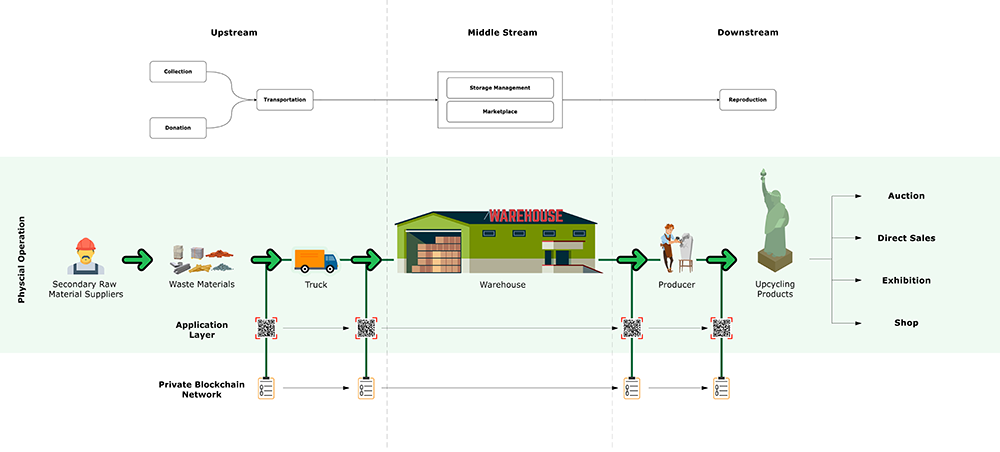Success
How We Help Upcycling?
Trust and Transparency: Ensure transparency, building trust among ESG participants.
Innovation: Bring continuous innovation to the ESG industry, fostering creativity and positive change.
Global Community: Connect with a global community of individuals and businesses dedicated to a cleaner, more sustainable world.
Vision
The 1st blockchain-based social marketplace for sustainable products, to bring inspiration and innovation to ESG (Environment, Social, Governance) industry for a better world.
Value
Using the intelligent technology to build the cleaner world, to extract the values from the circular resources.
Mission
To develop user-friendly Digital Asset & Blockchain solution for ESG participators with trust and save money.
We pride ourselves on redefining what matters most in the world of blockchain upcycling solutions. Our commitment extends beyond innovation, it centers on the core values that drive environmental, social, and governance (ESG) considerations.
Believe
Focusing On What Matters Most
Welcome to a revolutionary era in sustainable technology!
- Transparency and Traceability Ecosystem: Harness the power of blockchain to bring transparency and traceability to upcycling. Every step of the process is recorded, ensuring accountability and fostering a trust-driven ecosystem.
- Circular Resource Optimization: Blockchain solutions focus on optimizing circular resources, by streamlining the supply chain and enhancing resource efficiency to contribute a sustainable future.
- Empowering ESG Participants: To empower ESG participants making informed choices. The blockchain-based solutions provide the tools and data needed for individuals and businesses to align with their sustainability goals.
- Cost-Efficiency and Savings: Upcycling doesn't just about environmental impact, it's about smart economics. With the blockchain solutions, enjoy cost-efficiency through streamlined processes, reducing waste and saving resources.
Service Offerings
What Can We Do for You?
Transformation Cycle and Blockchain Operation
Upcycling Transformation fosters sustainable repurposing of waste into valuable items via workshops, tools,
and blockchain technology, ensuring transparency, traceability, and collaboration among upcyclers, creator, and buyers for a circular economy.
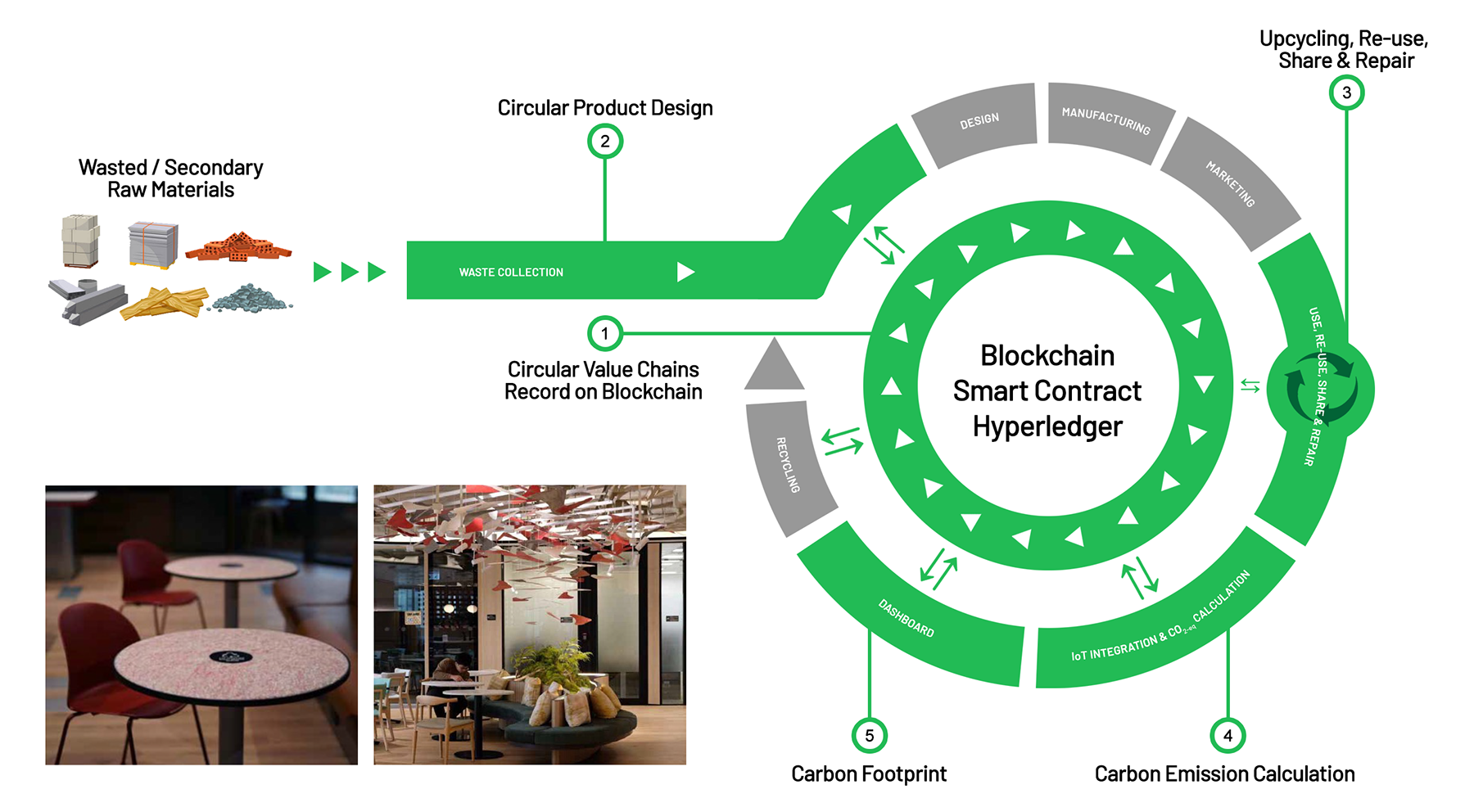
Basic SDG & ESG Course Outline
- Introduction to ESG and STEAM: Define ESG concepts, explore renewable energy, diversity, and ethical governance, and brainstorm community ESG examples.
- Coding Basics and ESG Applications: Learn coding fundamentals and understand IoT and sensors to monitor air quality and automate waste sorting for sustainability.
- Smart Systems: Explore energy-saving IoT technologies using platforms like Arduino and Raspberry Pi.
- Waste Management Tech: Design smart waste systems with bin sensors, sorting algorithms, and recycling tracking mechanisms and analyze waste data collection, processing, and usage to improve sustainability practices.
- Site Visit: Engage in interactive exhibits about renewable energy, biodiversity, and climate action.
- Practical Impact: Emphasize sustainable solutions through coding and real-world ESG applications.
Advanced SDG & ESG Course Outline
- Technology Application in Sustainability: Explore IoT, AI, and robotics in addressing energy, waste, and climate challenges with real-world examples.
- Waste Upcycling: Understand upcycling concepts and practical industry examples of transforming waste into valuable products.
- ESG Presentations: Present insights and propose solutions for environmental sustainability, showcasing understanding of ESG principles.
- Biology of the Black Soldier Fly (BSF): Study BSF lifecycle, its ecological importance, and its role in recycling food waste.
- BSF Waste Conversion Practices: Set up BSF rearing kits, monitor food waste recycling, and analyze BSF growth and waste conversion.
- Solid Waste Upcycling: Hands-on activities using solid waste for useful products, like DIY materials, emphasizing landfill reduction.
- Workshops and Site Visits: Deepen practical skills through visits to BSF farms or waste recycling facilities and interactive workshops.
- IoT in Waste Management: Build smart bins with sensors, program waste segregation systems, and develop IoT dashboards for waste tracking.
- Final Projects and Reflection: Present IoT-driven sustainability projects, reflect on learnings, and discuss applications for advancing SDGs.
Mearure Carbon Emission and Manage Carbon Footprints
Carbon footprint measurement is essential for tracking emissions across scopes, identifying reduction opportunities,
and aligning with standards. Dynamic dashboards and predictive analytics guide sustainable decisions, enabling impactful climate action strategies
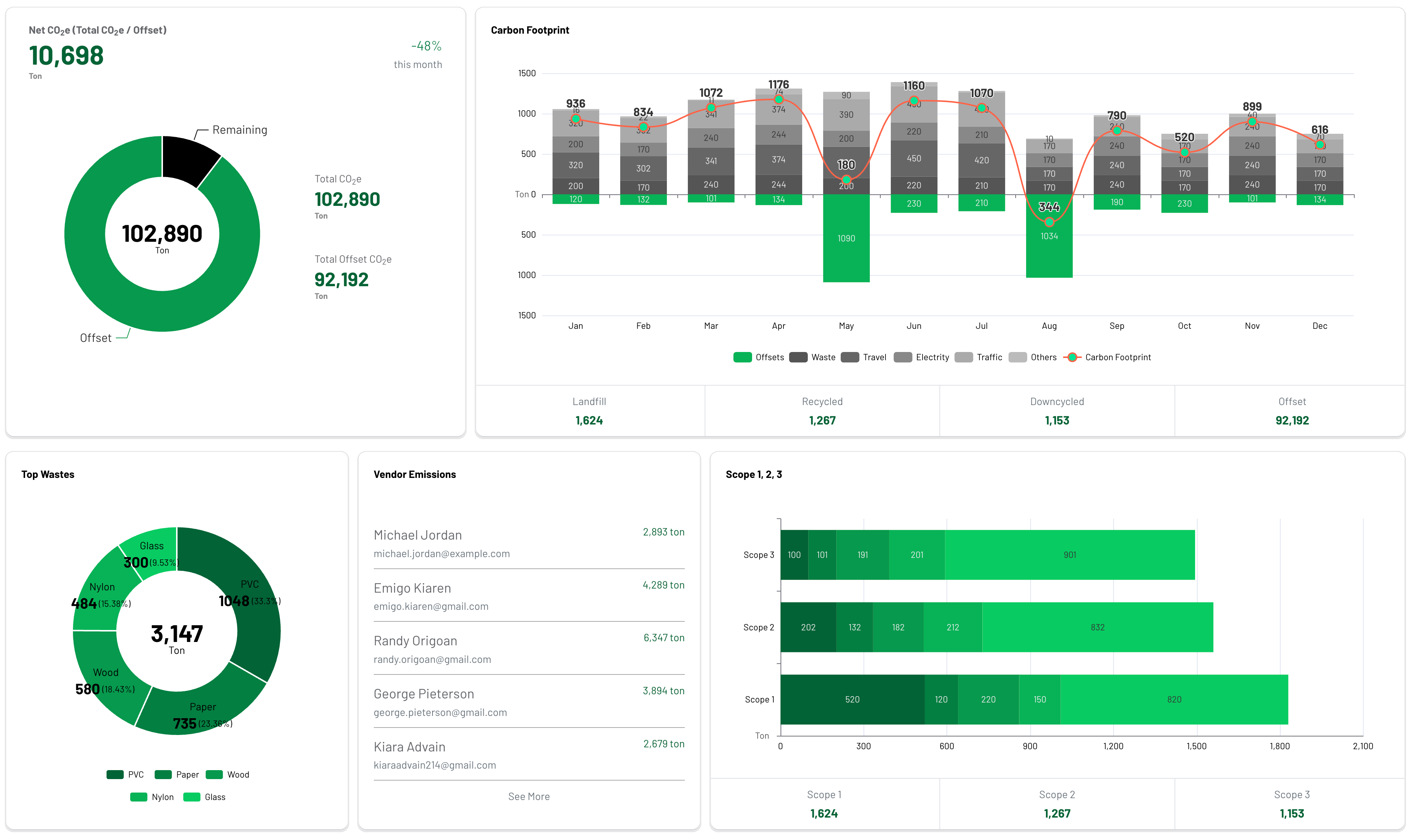
Sensors and AWS IoT Core Integration
Integrating sensors with AWS IoT Core enables real-time data collection, analysis, and automation.
The approach enhances energy efficiency, carbon monitoring, and resource management,
driving sustainability and smarter decision-making across sectors.
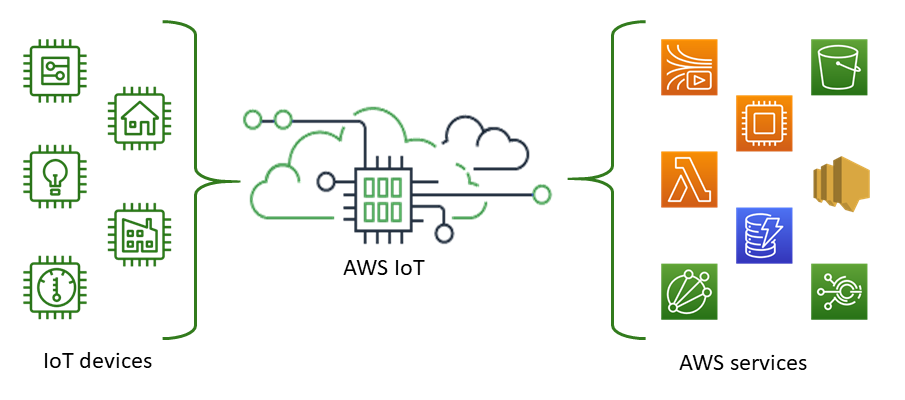
Upcycling Transformation
Upcycling Transformation focuses on creatively repurposing waste materials to produce items of higher value, aligning with the principles of sustainability and the circular economy.
- Connecting upcyclers, designers, and buyers on a single platform to exchange ideas, materials, and finished products.
- Transforming discarded materials such as textiles, plastics, and metals into valuable products like furniture, clothing, or artwork.
- Providing practical workshops to teach upcycling techniques, including crafting, fabrication, and design.
- Demonstrating how to use tools and equipment safely and effectively for upcycling projects.
Blockchain-Based Upcycling Transformation Platform
- Leverages decentralized technology to revolutionize waste management and upcycling practices.
- Ensure transparency, traceability, and efficiency, the platform fosters trust among stakeholders while advancing sustainable practices.
Transparent Supply Chain
- Provides detailed insights into material origins, handling, and end-use to support better decision-making.
- Tracks waste materials from collection to transformation, ensuring accountability and compliance with sustainability standards.
- Delivers real-time updates on material lifecycle stages, fostering transparency among consumers, producers, and other stakeholders.
- Builds trust by showcasing ethical sourcing and upcycling practices through traceable supply chain data.
- Supports stakeholders in identifying inefficiencies or opportunities for innovation within the supply chain process.
- Enhances overall supply chain management by integrating digital tools for seamless monitoring and reporting.
Decentralized Data Storage
- Ensures secure and immutable records of waste material lifecycle and upcycled product details.
- Facilitates data sharing among participants to optimize processes and identify upcycling opportunities.
SDG Education
SDG Education approach to learning designed to align with the United Nations Sustainable Development Goals (SDGs).
- Understand Global Challenges: Gain insights into issues like poverty, inequality, climate change, and biodiversity loss.
- Promote Sustainable Practices: Learn strategies for responsible consumption, renewable energy, and resource conservation.
- Foster Innovation and Action: Encourage creative solutions to local and global challenges through collaboration and critical thinking.
- Cultivate Global Citizenship: Build empathy, cultural awareness, and a commitment to global solidarity.
SDG Awareness
- Teaching the principles of the 17 Sustainable Development Goals to promote understanding of global issues such as poverty, health, education, and climate action.
- Encouraging active participation in creating sustainable communities and fostering global citizenship.
- Building partnerships for collaborative problem-solving and innovation.
Solid Waste Upcycling
- Leveraging digital tools and IoT devices to improve waste collection efficiency and track waste streams.
- Communities and industries how to implement smart waste management systems.
- Practical sessions on creative upcycling to repurpose waste materials into useful or artistic products.
- Training on downcycling techniques to convert waste into materials of lower value but with practical applications.
Food Waste Upcycling
- Leverages IoT technology and practical workshops to address the challenges of food waste management.
- Education on using IoT-enabled systems to monitor and control food waste processing machines.
- Learning about IoT devices designed to manage BSF farming operations effectively.
- Applications of BSF larvae as a resource for animal feed, biofuels, and organic fertilizers.
Carbon Calculation
A critical process for measuring, analyzing, and managing carbon emissions to combat climate change and promote sustainability.
- Seamlessly synchronize your corporate data, ensuring uniformity across regions and business units for consistent reporting.
- Attain unmatched accuracy by tracking emissions across all three scopes using a combination of activity-based and spend-based methodologies.
- Compare carbon footprints against industry standards or historical data to identify areas of improvement.
- Highlight best practices for reducing emissions relative to similar entities.
Dynamic dashboards
- Live updates on carbon output and hotspots.
- Tailored calculations based on specific industries, supply chains, or operations.
- Detailed breakdown of emissions by scope (e.g., Scope 1: Direct emissions, Scope 2: Indirect emissions from energy, Scope 3: Other indirect emissions).
- Generate reports aligned with international standards, including the Greenhouse Gas Protocol and ISO 14064.
Scenario Planning and Predictive Analytics
- Evaluate the impact of various sustainability initiatives, such as energy efficiency measures or renewable energy adoption.
- Predict future emission trends under different scenarios using advanced algorithms.
- Compare carbon footprints against industry standards or historical data to identify areas of improvement.
- Test and refine sustainability plans with scenario-based insights for better decision-making.
Carbon Offsetting and Credits Integration
- upport for purchasing or earning carbon credits through verified offset programs, such as reforestation or clean energy projects.
- Tracking and management of offset initiatives within the platform.
IoT Integration
Innovative approach that can create positive environmental and social impacts.
- Real-time feedback about student performance, helping educators personalize education, especially in remote or underserved areas.
- Managing digital resources or tracking books in libraries, ensuring access to educational materials.
Carbon Footprint Monitoring
- Measure emissions from various sources, including buildings, factories, transportation, and homes. This data helps organizations track their carbon footprint and identify areas for improvement.
- Smart meters can monitor energy consumption and carbon emissions in real-time, giving businesses and individuals insights into their energy usage patterns and helping them reduce waste.
- By integrating IoT across the supply chain, businesses can monitor emissions at each stage, from raw material extraction to manufacturing, packaging, transportation, and disposal. This enables accurate carbon auditing to identify areas for carbon reduction.
Smart Waste Management
- Sensors can monitor the level of waste in bins and optimize waste collection schedules, reducing unnecessary trips and minimizing the carbon footprint associated with waste collection.
- Assist in sorting recyclables and non-recyclables by integrating sensors for materials detection (e.g., plastics, metals) to improve waste segregation for upcycling.
- Track the lifecycle of products, helping manufacturers and consumers identify upcycling opportunities.
- Measure air pollution levels, carbon dioxide, and other greenhouse gases in the environment, providing data for carbon audits.
Energy Efficiency
- Smart thermostats, lighting, and HVAC systems can be managed through IoT, significantly reducing energy usage and emissions in commercial and residential spaces.
- Smart electrical grids that efficiently distribute energy based on demand, reducing waste and improving the efficiency of renewable energy sources.
Core Features
What Makes Us Stand Out?
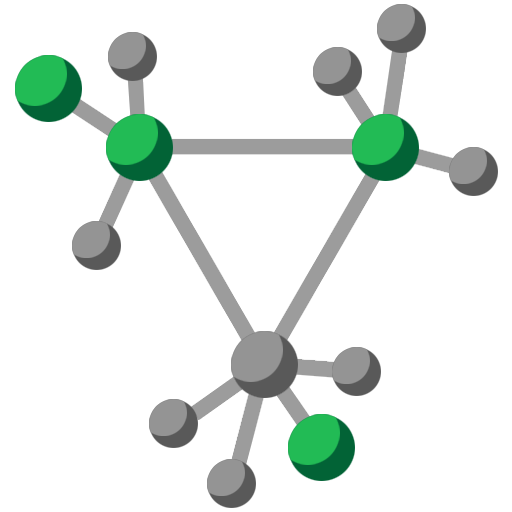
Decentralized approach ensures efficiency in upcycling processes, eliminating bottlenecks and creating a more agile, responsive system.

Utilize smart contracts to automate and streamline upcycling transactions. This not only saves time but also reduces the risk of errors and disputes.
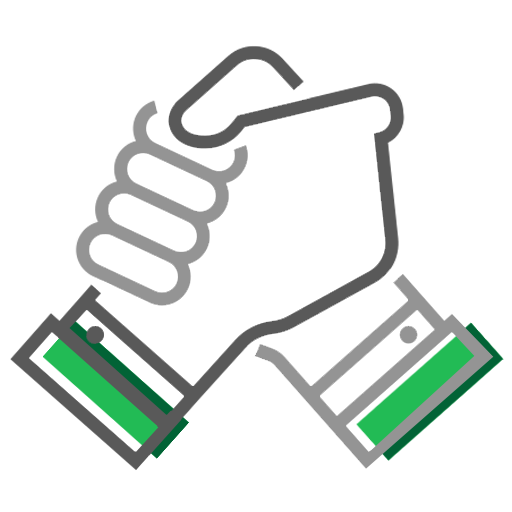
Seamless collaboration as a channel within the ESG community and the blockchain based platform to enable stakeholders to work together for a common goal.
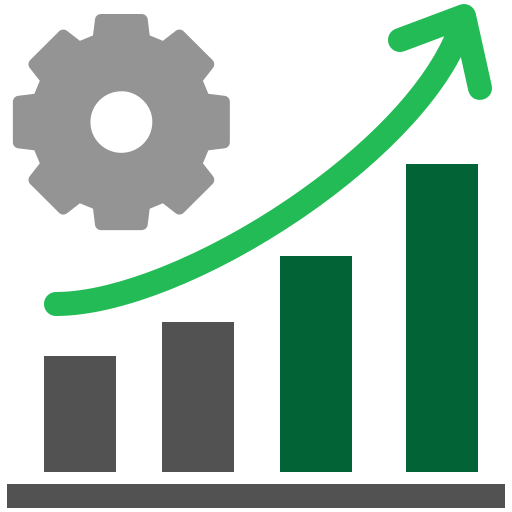
Leverage data insights to drive sustainability, providing real-time data on upcycling processes, to make data-driven decisions for sustainable future.
Trust
Why Us?
For unparalleled innovation, expertise, and tailored blockchain upcycling solutions. Our proven track record, collaborative approach, and global impact set us apart in shaping a sustainable future.
- Innovation Matters, to bring innovation that aligns with the core values of ESG considerations.
- Global Impact, to join a community dedicated to making a global impact through sustainable practices.
- Future-Proof Sustainability, to ensure that sustainability efforts are not just for today but are future-proofed for generations to come.
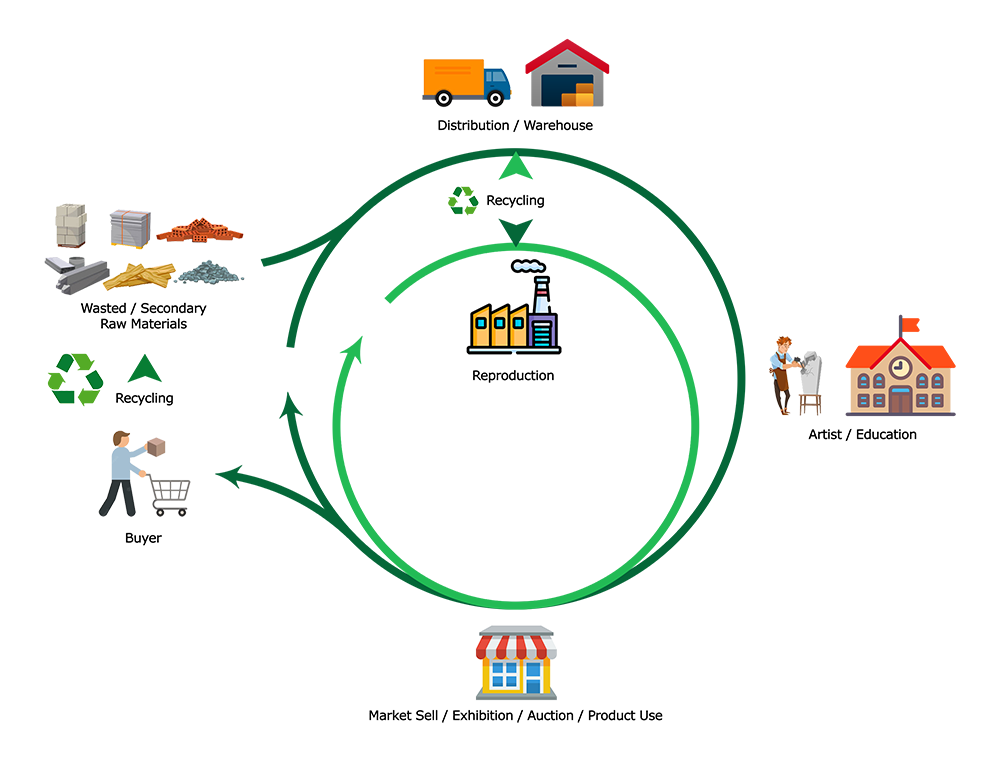
Execute
How To?
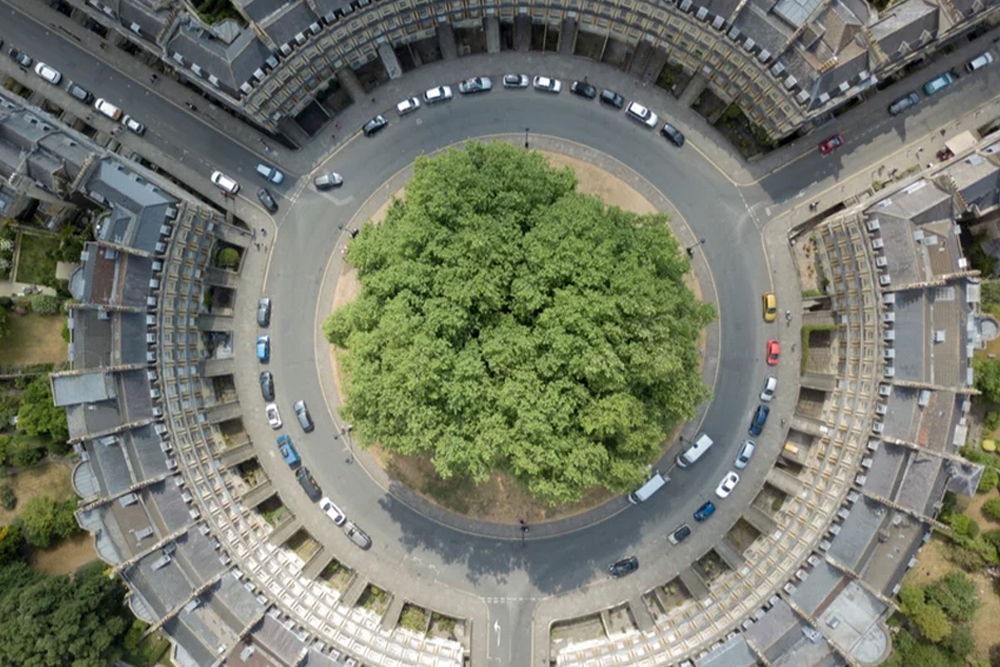
Minimize Waste Maximize Utilization
Embrace a future where waste becomes a resource, we are committed to fostering a circular economy, where products are designed to be reused, recycled, and repurposed.
By minimizing waste and maximizing the lifespan of goods, we strive to create a more sustainable and eco-friendly world.

Transforming into Treasures
To take pride in developing innovative upcycled products, upcycling goes beyond just creating beautiful items making a positive impact on the environment.
Discover a range of products that combine creativity with sustainability, giving discarded materials a second life.
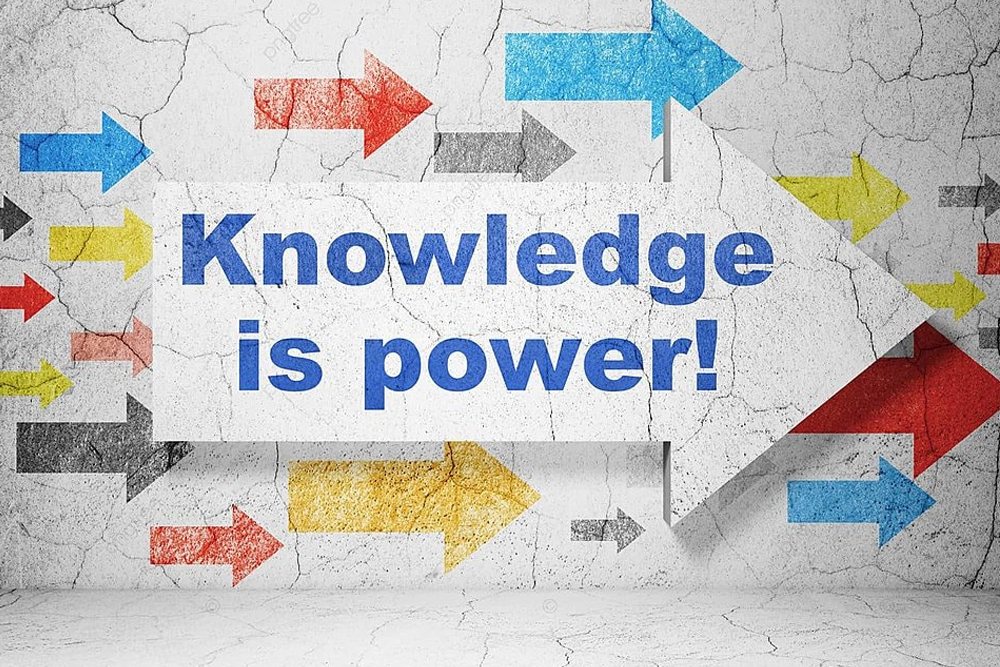
Knowledge is a Catalyst for Change
To spreading awareness and understanding about sustainable practices, focuing on fostering a global understanding of responsible living.
Through educational initiatives, workshops, and outreach programs, aim to inspire individuals and communities to make informed choices that contribute to a greener, more sustainable future.
connect
Find Us
+852-6221-1260
info@circularesg.co
Unit 621, 6/F, Building 19W, 19 Science Park West Avenue, Hong Kong Science Park, Pak Shek Kok, New Territories, Hong Kong

